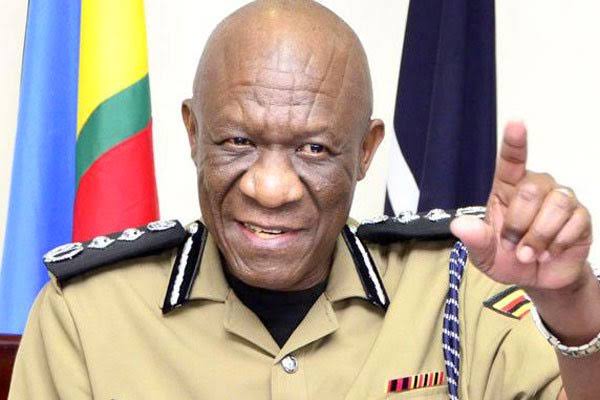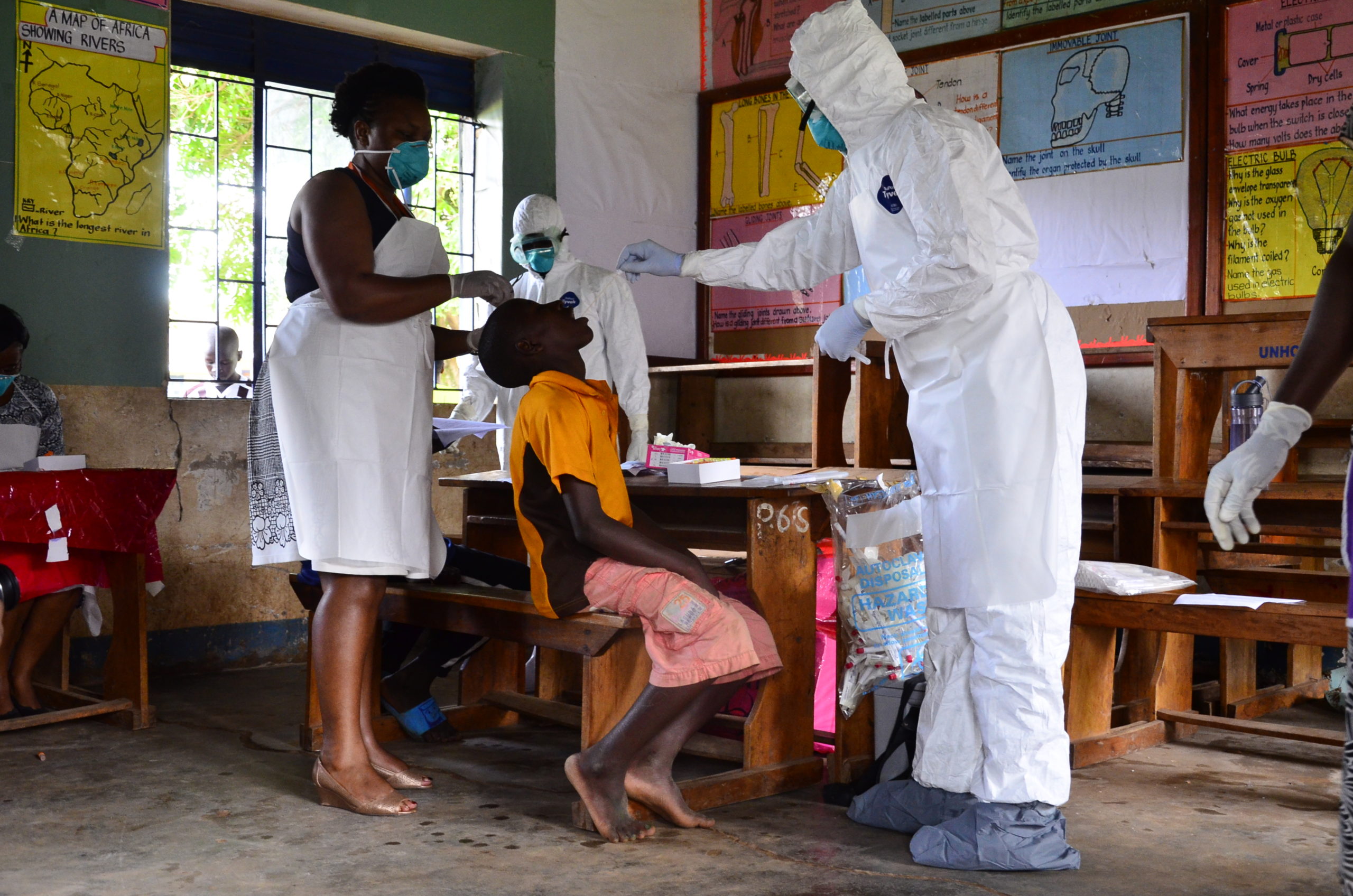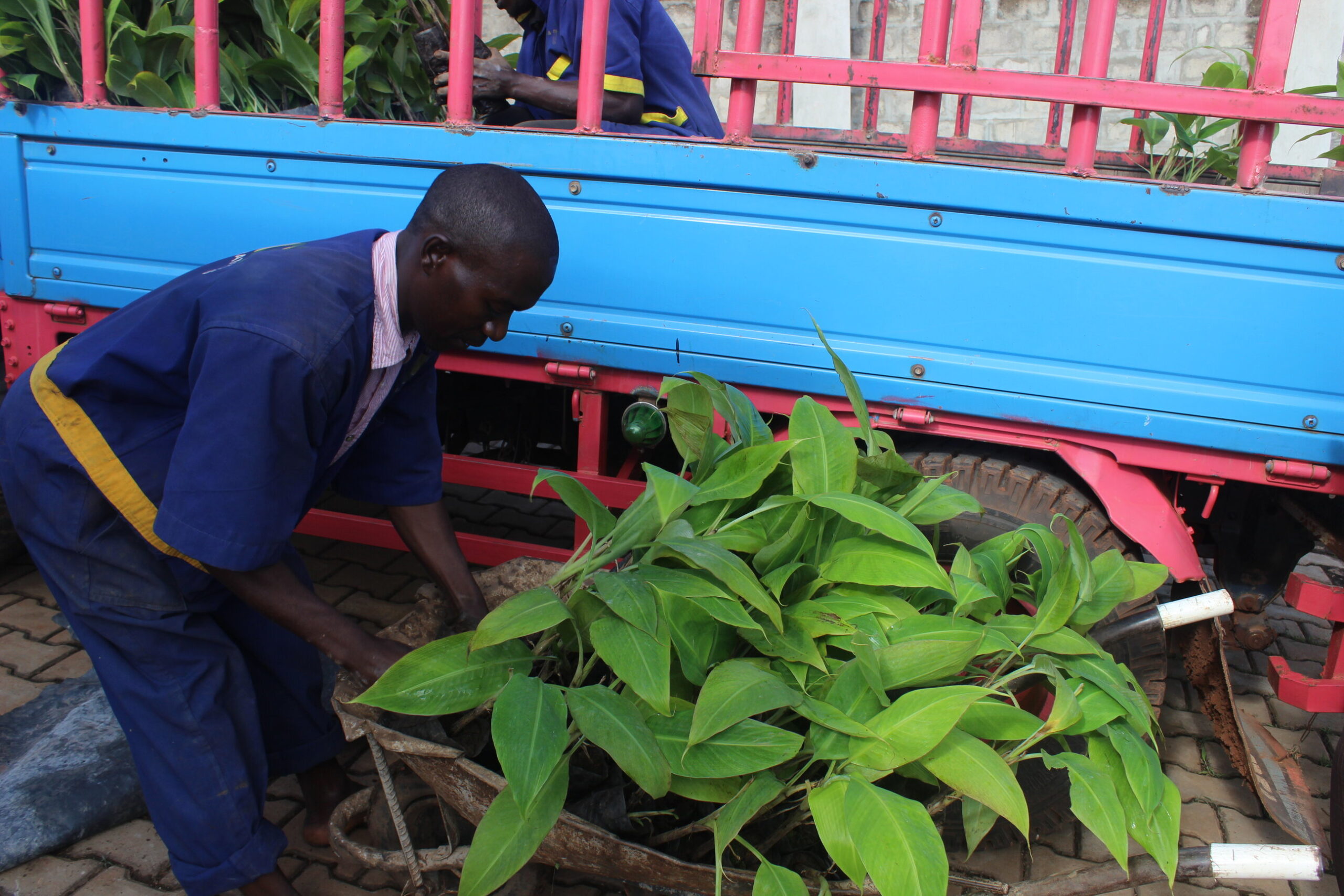BY ROBERT MADOI
In April 2021, the Uganda Police Force released a 2020 report that made clear a marked decline in urban crime in the country. The nearly nine per cent plummet was set against the backdrop of COVID-19 stay-at-home orders that negated conditions in which criminals flourish. In fact, Uganda’s first crime and traffic/road safety report after the pandemic cleared the streets and ensured a daytime presence of people in their houses was not out of kilter. Its pattern was repeated across the globe, with the impact of pandemic lockdowns on offences such as burglary and assault diminished rather than increased.
Inspector General of Police Martins Okoth-Ochola revealed back in April that, “there was an 8.9per cent decrease in the volume of crimes reported to Police from 215,6224 cases reported in 2019 to 195,931 cases reported in the year 2020.” A further drop- 4.7 per cent to be precise— was also registered in vehicle crashes as the stark contrast with traffic of pre-coronavirus levels crystallised.

Being cooped up indoors all day, however, also visited sledgehammer blows upon the mental property of Ugandans. If the punches landed seemed to have a ghostly presence, it’s because that is the calling card of mental health issues. More so in Uganda where history has shown a remarkably light interest in affective disorders. Yet such is the trail of devastation that the pandemic continues to leave behind that mental health issues hang precariously askew. The true human extent of the horror that continues to descend on Ugandans can be traced in accounts that — while anecdotal — are told with unflinching honesty.
It should come as no surprise that the wish of many people Vox Populi approached was to remain anonymous to speak candidly about their pandemic-enforced mental illnesses. Psychological conditions are still stigmatised in Uganda, with travails of the mind erroneously believed to feed darkly on weakness of character. A middle-level manager was for instance vaguely uncomfortable with the restructuring idea his employer shared remotely during the first coronavirus wave. He consequently grappled with increased anxiety as the difficult realities of joblessness continued to intrude.
A mental health crisis
Like the middle-level manager, many Ugandans were left unhappy and indignant after being knocked sideways by the pandemic. At last year’s Fourth Economic Growth Forum, the hard information indicated that the economy was approaching a precipice with a dramatic deterioration in job prospects. Workers were forecasted to be disproportionately hit and harmed by the loss of economic and social opportunities as a direct result of the pandemic.
“Uganda’s economy is projected to grow at a slower rate of 3.1 per cent in the Financial Year 2020/2021 compared to the previous projection of six per cent and will recover to grow at six to seven per cent in the medium term,” said Dr. Albert Musisi, a commissioner in the Ministry of Finance, Planning and Economic Development.
Wilbrod Owor, the executive director of an umbrella body that brings together commercial banks in Uganda, drew attention to the fact that, “the shortage of patient capital is a big problem.” This scant supply has since played out with catastrophic results. Jobs were always bound to be imperiled as impending closures of Games Stores and Africell’s franchises in Uganda have proved. The possibility of success for smaller entities such as the one the middle-level manager clocked in was minuscule. Unsurprisingly, the middle-level manager was cut loose at the tail end of 2020. A severance pay was hardly the Christmas gift he expected. Deeply troubled, he fought with depression and suicidal tendencies as Ugandans rang in the new year.

Treated like a footnote
Uganda Police’s 2020 crime and traffic/road safety report lodged 195 attempted suicide cases almost like a footnote. The now former middle-level manager was not part of that statistic but could well have been. The adversity brought on by the pandemic, he said, “scarred me for life.” But it’s not just salaried workers in the eye of the storm. A stay-at-home mum in her late thirties wrestled with post-traumatic stress symptoms after beating the virus. Nights did not pass easily for this mother of two who never forgot how the virus made for an unyielding master at dusk. The thought of the brutal symptoms presenting again was a horror almost beyond contemplation. Stronger than ever in the conviction that it was in her best interests to stay awake through the night, she eventually ended up becoming an insomniac. She does not intend to seek any remedy for the insomnia.
A creaky mental healthcare system has made at-risk Ugandans grimly determined to shut up. The system’s numbers simply do not stack up. For one, forty-two million Ugandans have a paltry forty-seven psychiatrists at their disposal. Most, if not all, of them are based in the Ugandan capital of Kampala. Another source of unending frustration is the fact that only 28 inpatient psychiatric units are located in rural areas despite eighty-seven per cent of Uganda’s population being rural-based. The East African nation’s solitary mental hospital is located in the leafy Kampala suburb of Luzira.
Operating in a straitjacket
Butabika National Referral Mental Hospital has so often got a bad rap, deservedly so. Beneath its lush exterior lies deep-seated problems that are usually greeted with horror and dismay. Established in 1955, the facility with its 638 odd beds is plagued by frequent overcrowding. Attacks on its reputation keep growing in both their frequency and ferocity thanks to a top-heavy reliance on pharmacological treatment. Failure to accommodate children in separate facilities and the housing of patients in seclusion rooms without toilets have also seen the hospital’s veneer of professionalism crack substantially.

Given the amount of time the hospital spends putting out fires, it is highly probable that the bad press has inhibited people affected by mental health disorders from seeking treatment. Yet the fact that the facility registered a bed occupancy rate of one hundred and forty-nine per cent in 2018 tells its own story. The pandemic has likely exacerbated Uganda’s mental health crisis. Social isolation, financial insecurity, fear of the virus and death, stress, and a heavy-handedly policed dusk-to-dawn curfew are believed to have impacted negatively on people with pre-existing or underlying psychiatric conditions.
Whereas proper monitoring and evaluation around psychosocial needs was of the essence, the government still chose to operate in a straitjacket. Lower level regional psychiatric units were for instance converted into isolation units for COVID-19. Little wonder, there is a measured urgency to the words of experts on the subject. Many fear things will get worse before they get better. For a country that spends less than one per cent of its healthcare budget on mental health such fears do not stretch credulity.









